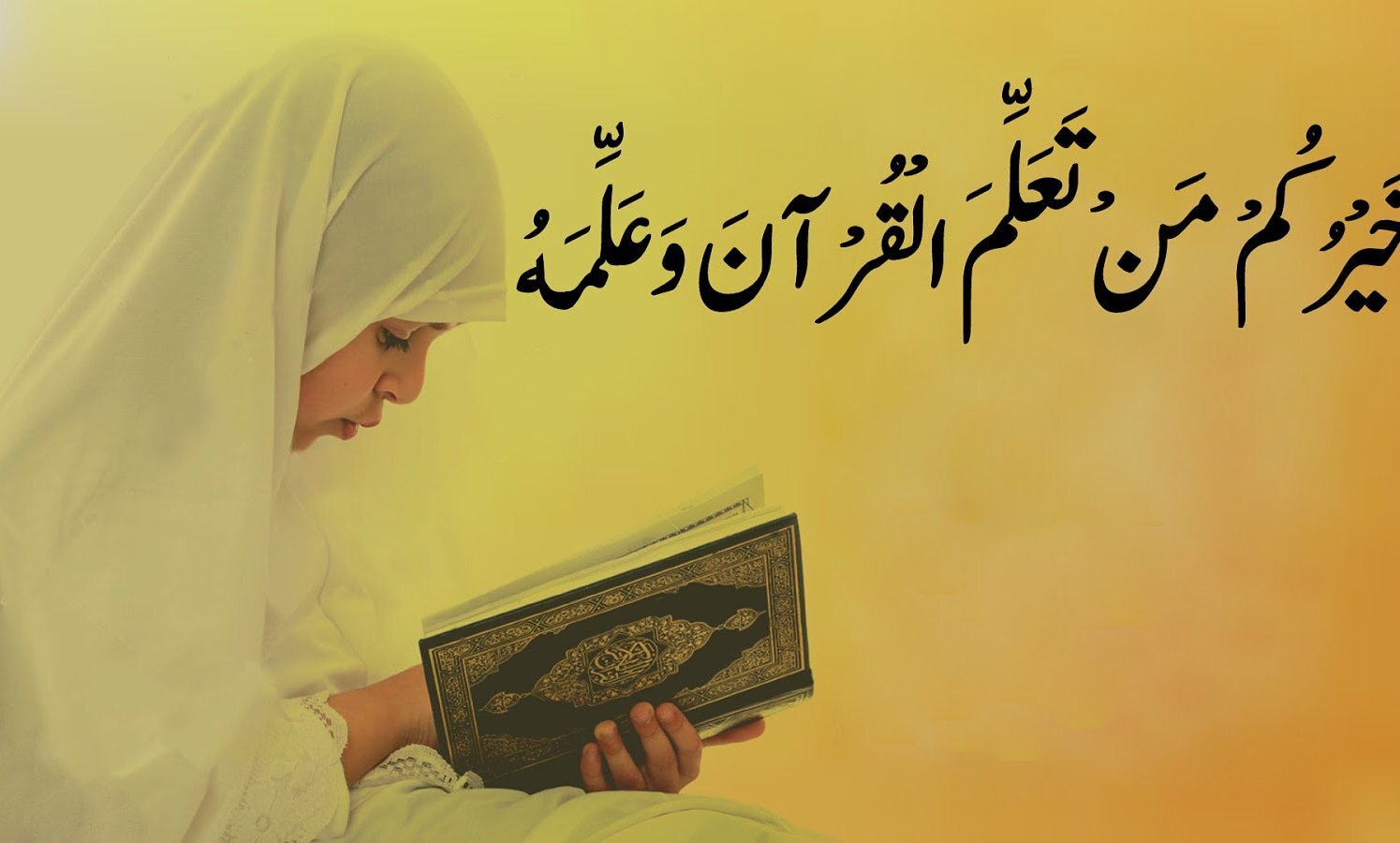In the vast landscape of spiritual exploration, the Quran stands as an unwavering source of guidance for Muslims worldwide. For Shia Muslims, the Quran is not only a reservoir of divine wisdom but also a repository of teachings from the Ahl al-Bayt, the family of the Prophet Muhammad. Navigating this profound journey of spiritual enlightenment necessitates an adept guide – a Shia Quran teacher who can illuminate the path with profound insights and interpretive wisdom. This article delves into the pivotal role of a Shia Quran teacher, emphasizing their significance in facilitating a deeper understanding of the Quranic teachings and nurturing a transformative spiritual journey.
Understanding the Shia Perspective
Shia Islam, a significant branch within the Islamic tradition, places a distinct emphasis on the leadership and teachings of the Prophet Muhammad’s family, especially his cousin and son-in-law, Imam Ali, and the twelve Imams who succeeded him. This unique perspective significantly shapes the interpretation of the Quranic verses, creating a profound connection between Shia Muslims and the holy scripture.
The Guiding Light of a Shia Quran Teacher
In the intricate tapestry of spiritual growth, a Shia Quran teacher emerges as a beacon of guidance. The following reasons underscore the pivotal role a Shia Quran teacher plays in your spiritual journey:
1. Guardians of Interpretive Wisdom
The Quran is a tapestry woven with layers of meaning, often concealed beneath its eloquent verses. A proficient Shia Quran teacher possesses a deep understanding of Shia interpretation, allowing them to unravel the complexities of Quranic wisdom. Their guidance ensures that students comprehend the teachings within the context of Shia beliefs, shielding them from the pitfalls of misinterpretation.
2. Cultivating Spiritual Connection
At the heart of every spiritual quest lies the aspiration to forge a profound connection with the Divine. A Shia Quran teacher, occupying the roles of mentor and spiritual guide, assists students in establishing an intimate bond with Allah through the teachings of the Quran. Their insights breathe life into the verses, facilitating a transformative encounter that transcends mere textual comprehension.
3. Dispelling Misconceptions
In the era of digital information, the purity of religious understanding can be obscured by misinformation. A Shia Quran teacher serves as a lighthouse of clarity, dispelling misconceptions and elucidating the authentic tenets of Shia Islam. Their erudition ensures that students gain accurate insights into Shia beliefs, safeguarding them against the distortions of misinformation.
4. Tailored Learning Experience
Acknowledging the diversity among learners, an adept Shia Quran teacher tailors their approach to suit varying learning styles, paces, and capacities. This personalized methodology ensures that each student embarks on a journey aligned with their individual growth trajectory, fostering a deep and enduring connection with the Quran.
5. Facilitating Reflective Contemplation
The Quran invites believers to engage in reflective contemplation, encouraging profound introspection. A Shia Quran teacher guides students in delving beneath the surface, prompting them to reflect upon the meanings and implications of the verses. This transformative practice nurtures an elevated appreciation for the Quran’s relevance in contemporary life.
6. Anchoring Ethical and Moral Principles
The core of Shia teachings resides in ethical and moral values rooted in the Quranic guidance. A Shia Quran teacher extends their influence beyond the classroom, instilling these values into students’ daily lives. Through their mentorship, students embody these principles, evolving into embodiments of compassion, empathy, and integrity.
7. Safeguarding Tradition
Shia Islam’s rich heritage is intertwined with the teachings of the Quran and the legacy of the Ahl al-Bayt. A Shia Quran teacher assumes the role of a guardian, transmitting the wisdom accumulated over generations. In doing so, they ensure that the essence of Shia tradition remains vibrant and untarnished.
8. Nurturing a Supportive Community
Embarking on a spiritual journey is not a solitary venture; it thrives within a nurturing community. A Shia Quran teacher fosters an environment of mutual support, where students feel empowered to pose questions, voice uncertainties, and share their progress. This sense of camaraderie acts as a shield against spiritual desolation, ensuring that learners remain resolute on their path.
9. Nurturing a Spiritual Connection
Strengthening one’s connection with the divine is a central goal of any spiritual journey. A Shia Quran teacher serves as a spiritual guide, helping students establish a strong bond with Allah through the Quranic teachings. The teacher’s insights and wisdom provide a bridge between the written words of the Quran and the heart, enabling students to experience a profound spiritual transformation.
10. Clarifying Misconceptions
In the age of information, misconceptions about religious teachings can easily arise. A Shia Quran teacher addresses these misconceptions, offering clarity and accurate information about Shia beliefs and practices. This guidance is particularly vital for individuals seeking a genuine understanding of Shia Islam without falling victim to misinformation.
11. Tailored Learning Experience
Every student’s journey is unique, and a skilled Shia Quran teacher recognizes this diversity. They adapt their teaching methods to accommodate individual learning styles, paces, and levels of knowledge. This personalized approach ensures that each student receives the support they need to progress in their studies effectively.
12. Encouraging Reflection and Contemplation
The Quran encourages believers to reflect on its verses and seek deeper understanding. A Shia Quran teacher fosters this practice of reflection and contemplation, guiding students in pondering the meanings and messages of the verses. This process leads to a more profound connection with the Quran and a greater appreciation for its relevance to contemporary life.
13. Transmitting Ethical and Moral Values
Shia Islam places significant importance on ethical and moral values derived from the Quranic teachings. A Shia Quran teacher not only imparts knowledge of the Quran but also helps students apply its principles to their daily lives. This guidance molds individuals into better, more compassionate human beings, contributing positively to their communities and society at large.
14. Preserving Tradition
Shia Islam has a rich history and tradition that is intricately woven into the teachings of the Quran. A Shia Quran teacher serves as a bridge to this tradition, ensuring that the wisdom passed down through generations remains intact. Through the teacher’s guidance, students can connect with their heritage and appreciate the depth of knowledge that has been preserved for centuries.
15. Creating a Supportive Learning Environment
Embarking on a spiritual journey can be challenging, but a Shia Quran teacher provides more than just academic guidance. They create a supportive and nurturing learning environment where students feel comfortable asking questions, expressing doubts, and sharing their experiences. This sense of community helps students overcome obstacles and stay motivated on their path of learning.
Conclusion
In the intricate tapestry of spiritual exploration, a Shia Quran teacher emerges as an indispensable luminary. Their guidance, fortified by wisdom, insight, and unwavering dedication, navigates the labyrinthine passages of the Quran, revealing its concealed treasures and nurturing a profound spiritual journey. As Shia Muslims endeavor to harmonize their beliefs with the evolving canvas of life, a skilled Quran teacher stands as an embodiment of knowledge and enlightenment. They illuminate the path, transforming the quest for spiritual growth into an odyssey of the soul, enriched by the teachings of the Quran and the radiance of Shia tradition.




